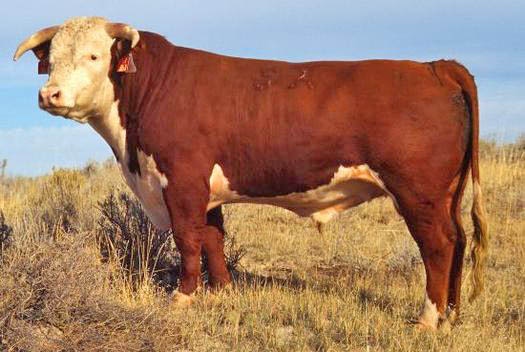
U.S. consumers are increasingly interested in how their food is grown, and a recent study shows that media coverage of animal welfare issues does have an impact on demand for meat.The study, that involved a search of U.S. newspapers and magazines from 1982 to 2008, suggested that media attention to animal welfare issues has not directly impacted beef demand. It did, however, reduce pork and poultry demand. A fact sheet and other information is available online at www.agmanager.info and search for publication MF-2951.
December 14, 2010

U.S. consumers are increasingly interested in how their food is grown, and a recent study shows that media coverage of animal welfare issues does have an impact on demand for meat.
The study, that involved a search of U.S. newspapers and magazines from 1982 to 2008, suggested that media attention to animal welfare issues has not directly impacted beef demand. It did, however, reduce pork and poultry demand. A fact sheet and other information is available online at www.agmanager.info and search for publication MF-2951.
"While beef demand was found to not be directly influenced by increased media attention to animal welfare issues, this should not be interpreted as the beef industry being immune," said Glynn Tonsor, a Kansas State University Research and Extension agricultural economist. He, along with Nicole J. Olynk, assistant professor of agricultural economics at Purdue, conducted the study.
The research found that increased media attention caused a reallocation of consumers' expenditures to nonmeat food rather than a reallocation of expenditures across competing meat products, Tonsor said.
While the study is a first assessment on the topic, Tonsor said, much additional research is needed.
"Perhaps most importantly, the changes to estimated consumer demand need to be paired with production cost impacts associated with adjustments in on-farm production practices in order to derive estimates of net economic influences on consumers, livestock producers, and society, in general," Tonsor said. "This study supports this and related evaluations to improve the understanding of how increasing pressure to adjust on-farm practices to reflect societal pressures regarding animal well-being is economically impacting market participants throughout the livestock and meat supply chain."
You May Also Like



